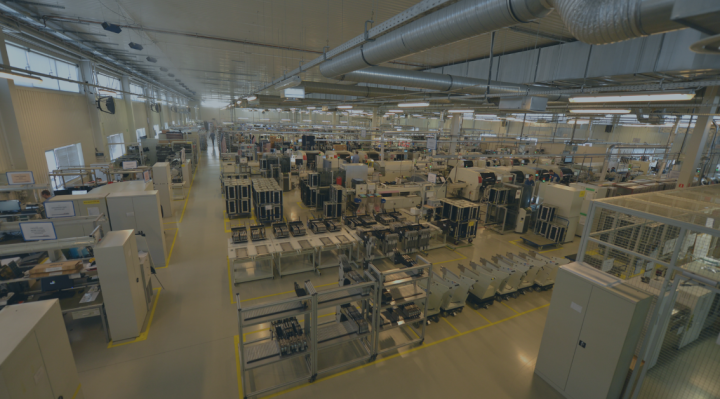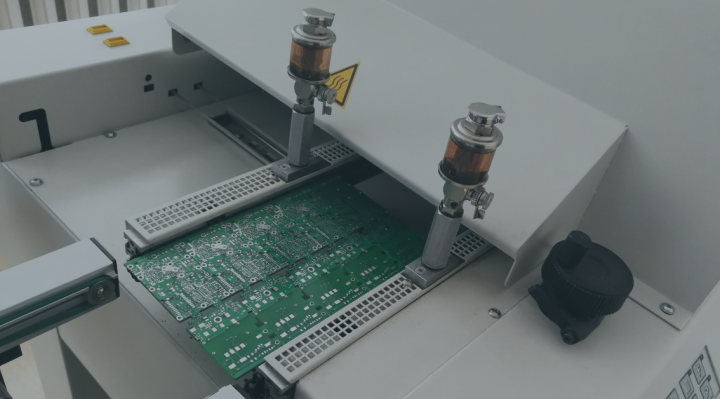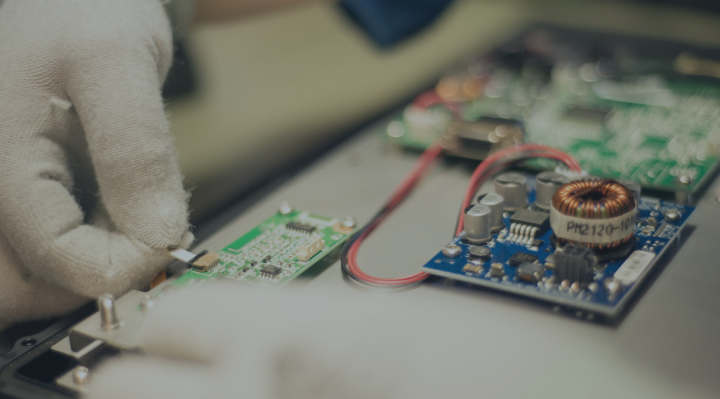In today's world, medical devices play a crucial role in diagnosing, treating, and monitoring patients. Their reliability and precision directly impact people's health and lives, which is why the quality of their manufacturing is of utmost importance. To understand what to look for when choosing a medical device manufacturing partner for contract manufacturing medical devices, it's essential to first define the term "medical device" and understand the specifics of their production.
A medical device, as defined by the World Health Organization (WHO), includes any instrument, apparatus, device, software, material, or other article used alone or in combination for diagnosing, preventing, monitoring, treating, or alleviating diseases, injuries, and disabilities. Examples of such devices range from simple bandages to advanced diagnostic machines and complex implanted systems in the patient's body. The production of medical devices is unique and demanding. The medical device industry is subject to strict regulations aimed at ensuring the safety and effectiveness of products. Manufacturers must meet a series of regulatory requirements, such as ISO 13485, and obtain approval from relevant regulatory bodies, such as the FDA in the United States or the CE mark in Europe.
When outsourcing the production of medical devices to an external company, manufacturers must ensure that the partner has the necessary competencies and experience to meet these challenges. Key questions that arise in this context include: What should we look for in a medical device manufacturing partner? What competencies and resources are required for such projects?
ISO 13485 is an international quality management standard specific to medical devices. An EMS certified to ISO 13485 demonstrates high competence in medical device contract manufacturing, providing services that comply with the requirements of this regulation. Notably, an EMS with this certification has experience in assembling such devices, as the standard helps improve the quality management system in the context of medical electronics production. This experience ensures that in case of problems, the EMS knows how to act to minimize risk. Additionally, an ISO 13485 certified EMS regularly trains its employees, ensuring they are qualified in medical device assembly. Adapting to the ISO 13485 standard also helps align the quality requirements of medical devices with those of the US Food and Drug Administration (FDA), a global reference point in medical matters.
The MDR (Medical Device Regulation) and IVDR (In Vitro Diagnostic Regulation) standards play a crucial role in ensuring full traceability of medical devices. Implementing these regulations requires modern software, automated laser marking systems, and precise labelling. These advanced technologies support traceability procedures, process validation, and risk management, which stem from maintaining ISO standards. Additionally, EMS companies actively support product certification processes (e.g., CCC, Intertek, TÜV) and create the necessary documentation for notified bodies. This ensures that manufacturers can be confident their products comply with the latest legal requirements and quality standards, increasing the safety and effectiveness of medical devices on the market.
IPC Class 3 is a standard that covers high-reliability electronic products, including medical devices. These products are subject to stringent guidelines due to their critical role. IPC Class 3 is intended for products whose operation is crucial, and failure can lead to severe consequences, such as loss of health or life. These products must function reliably even in harsh environmental conditions, such as significant temperature changes, humidity, vibrations, and other factors. The standards for robustness and durability in Class 3 are the most stringent. Electronic systems of this class are of the highest quality, making them suitable for medical equipment.
Risk management systems and process validation are key in the production of medical devices. Risk management involves analyzing risks at every stage of production, identifying potential hazards, and minimizing them through appropriate preventive measures. Regular tests and quality controls are essential for detecting and eliminating manufacturing defects, ensuring products comply with safety and quality standards. Process validation involves systematically improving manufacturing methods and techniques, increasing production efficiency and reliability. Implementing these systems ensures that medical devices meet the highest quality and safety standards, minimizing risk to patients and users.
In summary, the production of medical devices is a complex and demanding process requiring advanced technology and adherence to stringent quality and regulatory standards. Choosing the right partner for contract manufacturing medical devices is crucial to ensuring that these products are reliable, safe, and effective. EMS companies certified to ISO 13485, compliant with MDR and IVDR standards, and producing according to IPC Class 3, stand out with the high competence and experience needed to meet these requirements. Additionally, effective risk management systems and process validation ensure the highest quality, minimizing risk to patients and users. When choosing a medical device manufacturing partner, it's essential to consider these criteria to ensure that medical devices meet the highest standards and contribute to improving patient health and life.







